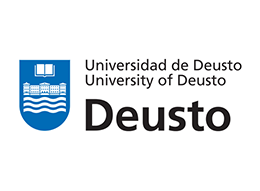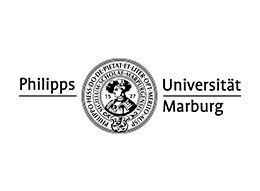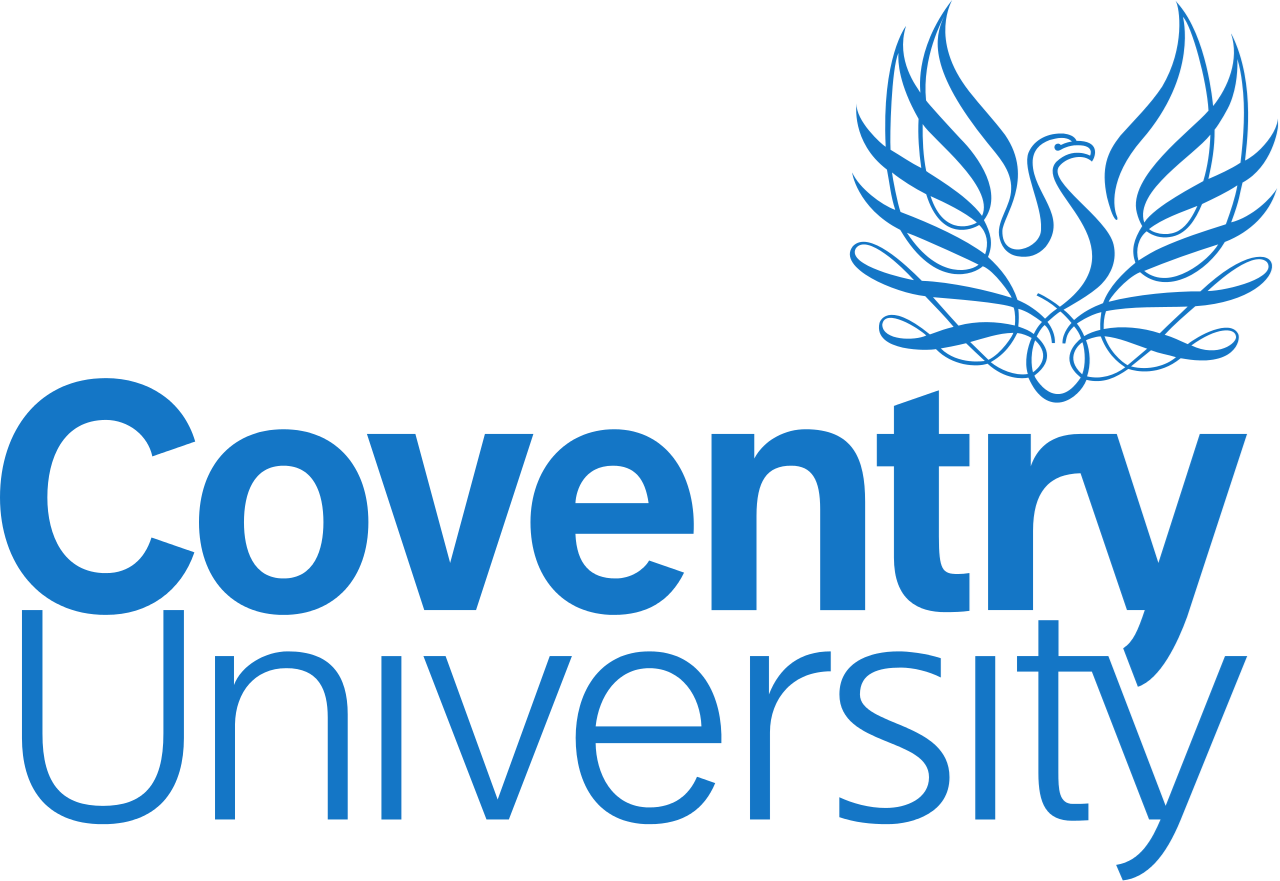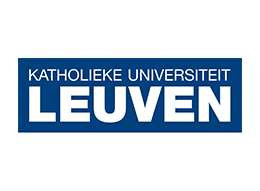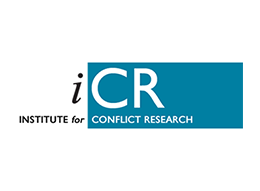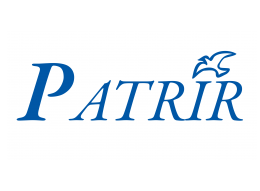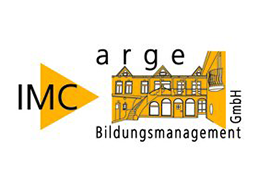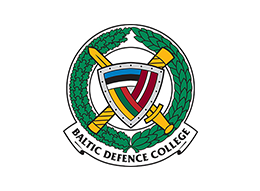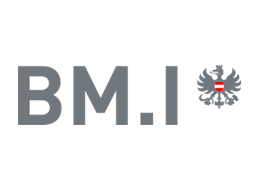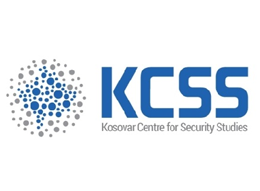Consortium
SYNYO is an innovative company based in Vienna and structured into the divisions of research, development and consulting. Focused on “ICT & Society”, SYNYO follows a research-oriented approach, holds in-depth expertise in technical development, social research, and merges these areas successfully within applied research projects.
As leader of WP1, SYNYO is responsible for the overall project coordination and as the consortium leader it will be the official contact to the European Commission, will monitor and coordinate the project participants and stimulate dialogue and exchange throughout the project. SYNYO’s tasks extend from WP1 (Project management and coordination) to WP7 (Communication, Information, Knowledge and Dissemination). SYNYO will bring its expertise in research, building modern collaborative systems from analyse, design and production. Another crucial value of SYNYO is addressing all ICT related tasks in this project from creating project website, and the PeaceTraining.eu platform.
Besides WP1, SYNYO leads WP5 on web platform development, and is responsible for the Tasks 4.4, to provide state-of-the-art e-approaches and e-learning concepts.
With a long and well established tradition, founded in 1886 as a higher education institution, the University of Deusto (UDEUSTO) has a mission and educational goals firmly grounded in academic excellence and social responsibility, aiming at generating economic sustainable growth and making positive contributions towards the construction of fairer and more inclusive and humane societies.
UDEUSTO coordinates WP6 LEVERAGE: REGISTRATION FORMS, ANNOTATION, VERIFICATION, AND MATCHMAKING, and especially focuses on Task 6.1 to coordinate the collection of CPPB training centres and organisations able to provide services for the defined areas, and gather trainers, and Task 6.3 to develop a methodology for a semi-automatic process for training centres. In addition, UDEUSTO will lead Task 2.2 to mobilise stakeholders and target groups to identify current public perceptions, experiences, and attitudes on social media and security. In addition, the partner will contribute to most activities in the analysis and development of peace building and conflict prevention curricula and training methods.
In WP2 the partner will organise stakeholder integration workshops to integrate national and regional stakeholders in the project and to distribute the project’s results. It will contribute to the collection of relevant national and regional organisations, training centres, trainers, NGOs, policy makers, public actors and dialogue leaders in a structured way.
The Center for Conflict Studies (CCS) is an interdisciplinary research facility comprising scholars among others from the political science, sociology, social psychology, international law, and anthropology. Its research focuses on transitional justice and peace-building, post-conflict state-building and intervention, intergroup conflicts and migration and refugees.
UMR coordinates WP3 ANALYSE: EXISTING CPPB CURRICULA, METHODS, APPROACHES, EXPERTS, PROVIDER, REQUIREMENTS, AND GAPS, and especially focuses on Task 3.1 to coordinate the mapping of the CPPB ecosystem and collect related training centres, service organisations, networks, NGOs, public actors and other stakeholders, and Task 3.2 to do research on existing curricula, training modules and target groups for conflict prevention and peace building and determine the key challenges and gaps. UMR will also coordinate the elaboration of the integrated research report in task 3.5. In addition, the partner will contribute to most activities in the analysis and development of peace building and conflict prevention curricula and training methods.
In WP2 the partner will organise stakeholder integration workshops to integrate national and regional stakeholders in the project and to distribute the project’s results. It will contribute to the collection of relevant national and regional organisations, training centres, trainers, NGOs, policy makers, public actors and dialogue leaders in a structured way.
Coventry University (UK) is a forward-looking and modern university with a proud tradition of providing high quality learning and applied research, and an established presence regionally, nationally and internationally with over 13,000 students and 1,800 staff. The Guardian has recently listed Coventry University as number 15 in the UK and the university is rising up the rankings during the last decade.
COVUNI coordinates Task 4.1 to combine novel concepts and methods for CPPB training from various disciplines including social sciences and information technology, and task 4.2 to develop a multidimensional CPPB Curricula Model based on a systematic layer structure including target-group-specific elements and levels. In addition COVUNI will lead Task 7.3, i.e. publications for the scientific community, other initiatives and attend conferences and practitioner events.
In addition, the partner will contribute to most activities in the analysis and development of peace building and conflict prevention curricula and training methods.In WP2 the partner will organise stakeholder integration workshops to integrate national and regional stakeholders in the project and to distribute the project’s results. It will contribute to the collection of relevant national and regional organisations, training centres, trainers, NGOs, policy makers, public actors and dialogue leaders in a structured way.
The Centre for Research on Peace and Development (CRPD) is a multidisciplinary research centre at the Faculty of Social Sciences at Leuven University (KU Leuven). CRPD conducts conceptual, empirical and applied research with the aim of improving our understanding of the causes of violent conflicts and the challenges of sustainable peace building.
KULEUVEN coordinates WP2 INVOLVE: STAKEHOLDER INTEGRATION, KNOWLEDGE EXCHANGE, LOCAL WORKSHOPS, AND VALIDATION, and especially focuses on task 2.1 to collect relevant stakeholders, setup the expert and advisory board, create an involvement roadmap and an engagement strategy, task 2.3 to establish strong synergies with the winning H2020 and FP7 public security projects to enhance pan-European knowledge exchange, and task 2.4 to run local and pan-European stakeholder workshops and co-creation events framed from public perceptions.
In addition, the partner will contribute to most activities in the analysis and development of peace building and conflict prevention curricula and training methods. In WP2 the partner will organise stakeholder integration workshops to integrate national and regional stakeholders in the project and to distribute the project’s results. It will contribute to the collection of relevant national and regional organisations, training centres, trainers, NGOs, policy makers, public actors and dialogue leaders in a structured way.
The Institute for Conflict Research (ICR) is an independent research, training and mediation organisation with charitable status. ICR was founded in 1994 and has been based in Belfast since 1996. ICR currently has a small permanent staff team plus a network of volunteers, associates and partner organisations that we work with on an occasional basis. ICR has a board of directors drawn from the academic, community and statutory sectors.
ICR coordinates task 3.3 to run interviews with experts, advisors and user groups on experiences, requirements, key use cases and actor-based specifics, and task 3.4 to investigate existing training methods and courses, their strengths and weaknesses opportunities and threats by performing a SWOT analysis.
In addition, the partner will contribute to most activities in the analysis and development of peace building and conflict prevention curricula and training methods. In WP2 the partner will organise stakeholder integration workshops to integrate national and regional stakeholders in the project and to distribute the project’s results. It will contribute to the collection of relevant national and regional organisations, training centres, trainers, NGOs, policy makers, public actors and dialogue leaders in a structured way.
The Peace Action, Training and Research Institute of Romania (PATRIR) has more than 14 years of experience working internationally in peacebuilding, early warning, strategic conflict and risk analysis, mediation and peace processes, and addressing radicalization and violent extremism. The Institute works in the fields of research, policy development, training and professional development, and direct operational engagement in early warning, prevention and peacebuilding in areas affected by war and armed conflict.
PATRIR coordinates WP4 DEVELOP: NOVEL TRAINING METHODS, MULTIDIMENSIONAL CPPB TRAINING CURRICULA, AND E-LEARNING APPROACHES, and focuses on task 4.3 to derive mission-specific CPPB training sub-curricula, stakeholder-specific course concepts, trainer qualification profiles, and standards for training centres, and task 4.5 to elaborate a European CPPB Training Curricula Compendium including strategies and action plans, and high-intuitive PeaceTraining.eu Curricula Visualisations. In addition, the partner will contribute to most activities in the analysis and development of peace building and conflict prevention curricula and training methods. In WP2 the partner will organise stakeholder integration workshops to integrate national and regional stakeholders in the project and to distribute the project’s results. It will contribute to the collection of relevant national and regional organisations, training centres, trainers, NGOs, policy makers, public actors and dialogue leaders in a structured way. The partner will also support the design of the web platform in WP5, and the organization of the European PeaceTraining.eu Symposium in WP7.
ARGE Bildungsmanagement GmbH was founded in May 2009 (preceded by Arbeitsgemeinschaft Bildungsmanagement Wien – Working Group Education Management Vienna – a nonprofit organization, in existence since 1989).
– Organization and education management
The ARGE Bildungsmanagement (ARGE Education Management) is a recognized education institution in the field of adult vocational training with thirty years’ experience; it has many years of expertise in the fields of consulting, Communication, mediation and management.
The ARGE emphasizes on teaching professional social competence while focusing on the developmental work in the range between consulting and management.
The ARGE Bildungsmanagement performs within the Sigmund Freud University (SFU). As a University department within SFU – “Consulting u. Management Science” – it currently holds 7 university curricula leading towards academic degrees: “Master of Science (MSc)” and “Master of Arts (MA)”.
The ARGE Bildungsmanagement is the leading and largest training organization in mediation and conflict management in Austria with more than 1,800 graduates; it provides training in Vienna, Graz, Innsbruck, Klagenfurt and Merano. Adjacent several international mediation conferences were performed.
In the summer semester 2015 about 1000 students were enrolled, including 218 students in the master program.
The ARGE Bildungsmanagement currently engages about 280 lecturers from Austria, Germany and Switzerland. It is a medium-sized enterprise with currently 20 full time employees and entertains 2 teaching facilities in Vienna.
ARGE Bildungsmanagement is run by Univ. Ass. MMag.a Melanie Rückert and Dr. Klaus Rückert.
The ARGE Bildungsmanagement has the goal to promote „lifelong learning” (LLL). It stands in line of the Bologna Treaty – to promote permeability between professionals and training, to facilitate for qualified professionals their completion in their tertiary developments.
The goal of ARGE Bildungsmanagement serves universal human rights – it follows humanistic, secular and democratic principles and respects human life as inviolable.
ARGE coordinates Task 7.5 to organise the European PeaceTraining.eu Symposium as a main networking event inviting stakeholders and interest groups. In addition, the partner will contribute to most activities in the analysis and development of peace building and conflict prevention curricula and training methods. In WP2 the partner will organise stakeholder integration workshops to integrate national and regional stakeholders in the project and to distribute the project’s results. It will contribute to the collection of relevant national and regional organisations, training centres, trainers, NGOs, policy makers, public actors and dialogue leaders in a structured way.
The Baltic Defence College is a higher (level 3 and 4) military education institution providing courses to officers from the three Baltic states, their allies and partners. As such, the College is dedicated to implementation and development of the best achievements in conflict management and crisis management that may involve the military. In light of contemporary conflicts where the line between civil and military becomes more and more blurred, the importance of exploiting all the ways and means of cooperation between the civilian and military realms is of paramount importance.
BALTDEFCOL covers the military perspective in all the activities of the projects, especially looking into civilian-military interactions. In addition, the partner will contribute to most activities in the analysis and development of peace building and conflict prevention curricula and training methods. In WP2 the partner will organise stakeholder integration workshops to integrate national and regional stakeholders in the project and to distribute the project’s results. It will contribute to the collection of relevant national and regional organisations, training centres, trainers, NGOs, policy makers, public actors and dialogue leaders in a structured way.
The Federal Ministry of the Interior in Austria (Bundesministerium für Inneres, BM.I) is primarily responsible for the internal security of Austria. Since its reorganization in 2003 the Ministry is organised into 4 sections: Section I covers tasks linked to human and financial resources, controlling, internal administration, international affairs, security policy and coordination of the MoI’s EU activities, public relations and procurement. Section II covers all police issues, border control, civilian crisis management, disaster management, houses the criminal intelligence service, the security academy responsible for the education of police officers and their training. Section III covers legal matters, houses the office of the human rights advisor, asylum policies and residence as well as nationality issues, another important part of work is the administrative co-ordination of federal elections. Section IV is responsible for ICT Infrastructure, its services and applications as well as all tasks regarding real estate management. The Federal Ministry of Interior covers a whole range of duties for Austria which reach beyond the core security tasks of police matters.
BMI is involved in several Working Packages (WP) to share its expertise and experience from field work, as well as policy making. In addition, the partner will contribute to most activities in the analysis and development of peace building and conflict prevention curricula and training methods. In WP 2 (Involve: Stakeholder integration, knowledge exchange, local workshops and validation) the partner will organize stakeholder integration workshops to integrate national and regional stakeholders in the project and to distribute the project’s results. It will contribute to the collection of relevant national and regional organisations, training centres, trainers, NGOs, policy makers, public actors and dialogue leaders in a structured way.
The Kosovar Centre for Security Studies (KCSS) is established in the beginning of 2008. The primary purpose was to evaluate the performance of the security institutions in Kosovo; to advocate good governance in this sector and, more generally, to support the efforts for strengthening the democratic oversight of the security sector. Within this period of its existence, KCSS has managed to conduct a substantial amount of research and advocacy activities with respect to the security sector, placing the organization as the leading think-tank in Kosovo in this field.
KCSS is involved in several WPs to share its expertise and experience in the security sector. In addition, the partner will contribute to most activities in the analysis and development of peace building and conflict prevention curricula and training methods. In WP2 the partner will organise stakeholder integration workshops to integrate national and regional stakeholders in the project and to distribute the project’s results. It will contribute to the collection of relevant national and regional organisations, training centres, trainers, NGOs, policy makers, public actors and dialogue leaders in a structured way.


